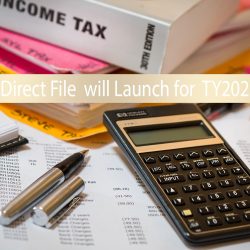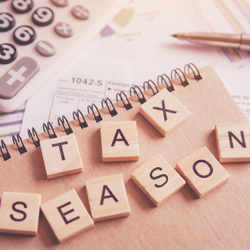Before we jump right into it, we have understand the relationship.
Is Coinbase related to Robinhood?
The main difference between Coinbase and Robinhood is that Coinbase is a full-service crypto exchange, while Robinhood is a traditional stockbroker that also offers a limited — though expanding — set of cryptocurrency options.
The main difference between Coinbase and Robinhood is that Coinbase is a full-service crypto exchange, while Robinhood is a traditional stockbroker that also offers a limited — though expanding — set of cryptocurrency options.
Long story short: If you want advanced digital asset options such as crypto-to-crypto trades and staking, Coinbase has a wider selection of options. But if you want access to other asset classes such as stocks in the same place you’re trading crypto, then Robinhood offers a serviceable, low-cost alternative to dedicated crypto exchanges.
Here are some of the key points for crypto users to consider when deciding between Coinbase and Robinhood.
Fees
One advantage Robinhood has over Coinbase is the cost to purchase cryptocurrencies. On Robinhood, it’s free. You can buy and sell crypto as frequently as you want with no fees whatsoever (and pattern day trading rules that exist for stocks don’t currently exist for crypto). You’ll still have to pay a spread (the difference between the bid and ask price).
It’s worth noting that in 2020, a Securities and Exchange Commission order found that Robinhood provided “inferior trade prices,” costing customers $34.1 million. The SEC investigation was about Robinhood’s marketing and execution in general and not crypto trades specifically. Robinhood agreed to pay $65 million to settle the charges.
Coinbase, meanwhile, has a widely varying fee structure, depending on the amount you’re buying in U.S. dollars and how you’re paying for it.
Coinbase does not disclose fees until just before your purchase, making comparison difficult, but NerdWallet set up a handful of test transactions to get a sense of the range. Generally, if you’re buying $100 in Bitcoin with a linked bank account, the fee would be a flat $2.99. Coinbase also charges a spread of about 0.5% for cryptocurrency sales and purchases; that spread may change depending on market fluctuations.
If you toggle over to the “Advanced Trade” section of your Coinbase account, you can trade for lower, volume-based fees.
Overall, fees at Coinbase can get confusing, and frankly, it feels a little outdated to pay per trade when other brokerages have been moving away from that for years.
However, in early 2022, Coinbase did roll out a direct deposit feature that allows users to allocate a portion of their paycheck (either USD or the crypto of their choice) to land in their Coinbase account each pay period. This service is completely free of fees, and users can set how much of their paycheck they want distributed to Coinbase, either as a dollar amount or as a percentage. Coinbase users can also avoid trading fees by paying for a monthly membership to the Coinbase One service, which costs $29.99.
Fees winner: Robinhood.
Cryptocurrency selection
Robinhood has stepped up its crypto offerings in 2022, though its options remain limited compared with Coinbase. On Coinbase, there are more than 170 tradable cryptocurrencies, and even more that can be added to price watch lists. And, Coinbase adds new tradable cryptocurrencies fairly often.
Robinhood, on the other hand, currently lists 16 cryptocurrencies .
Cryptocurrency selection winner: Coinbase.










